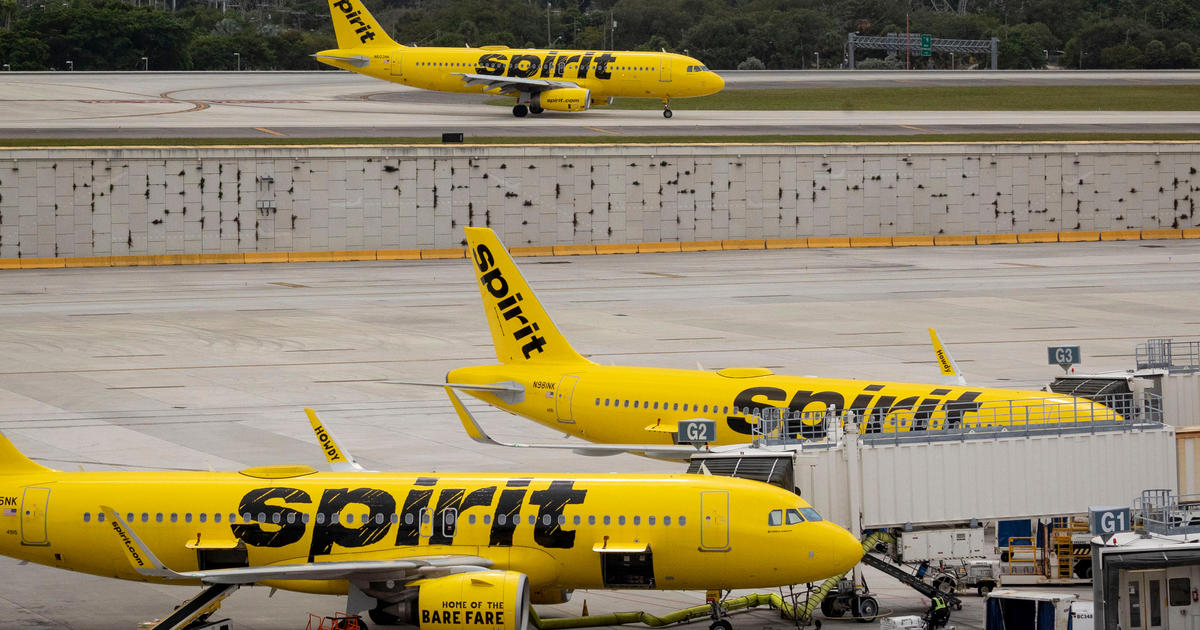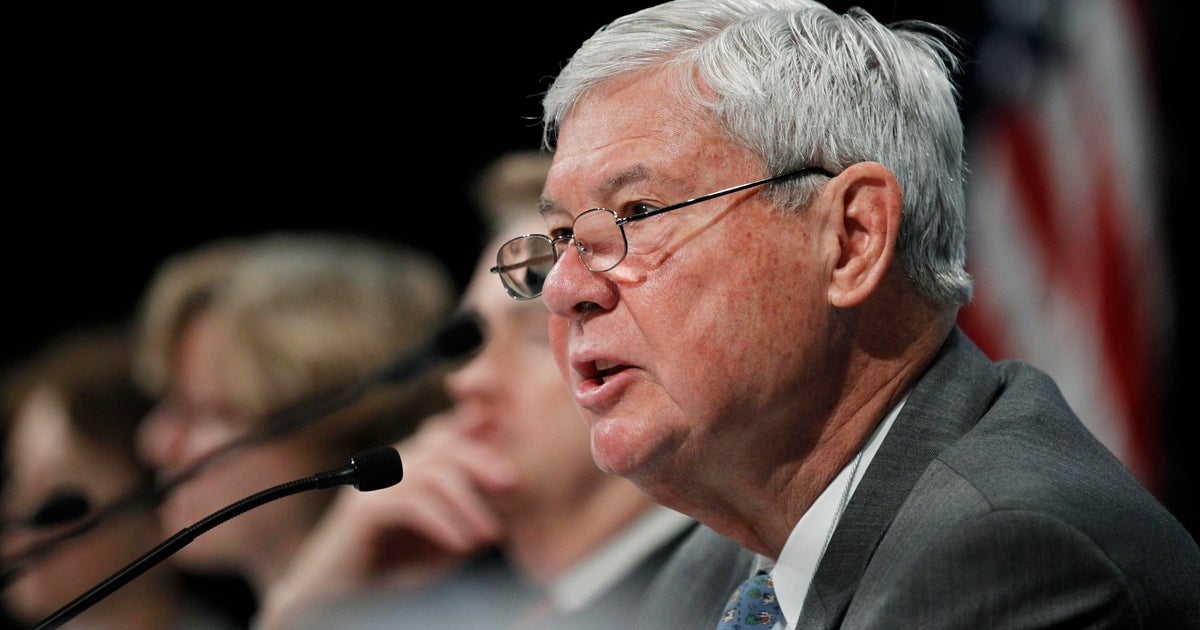Hefty Price Tag Of New Muscular Dystrophy Drug Stirring Up Controversy
Follow CBSMIAMI.COM: Facebook | Twitter
WASHINGTON (CBSMiami) – The hefty price tag of a new muscular dystrophy drug is stirring up a lot of controversy.
The pharmaceutical company is delaying its release of the drug after Washington lawmakers got involved.
Dylan Miceli-Nelson has rare form of muscular dystrophy called "Duchenne," which is typically found in boys.
The deadly genetic disorder weakens his muscles over time.
But for the past 10 years, the steroid Deflazacort has helped.
"This is a drug that likely adds three years of walking to boys. So in all likelihood, Dylan went into a wheelchair three years later than he would have otherwise," said Dr. Carrie Miceli, the co-director of the Center for Duchenne Muscular Dystrophy at UCLA.
Dylan's parents are also researchers at UCLA who are studying Duchenne.
Until now, patients like Dylan had to find a way to get the drug from overseas.
The FDA approved the drug last week and Marathon Pharmaceuticals was about to start selling it.
That's until the company said it would charge $89,000 a year, compared to $1,200 for the generic version abroad.
The price tag has outraged lawmakers here on Capitol Hill, who are now vowing to put pressure on Marathon.
"We do not negotiate prices. Drug companies can charge us any price they want and that is why we are paying by far the most for medicine," said Vermont Sen. Bernie Sanders.
The government has no federal oversight when it comes to pricing, but Sanders is calling for an investigation.
"We are going to be their worst nightmare," he said.
Marathon issued a statement, saying, in part:
"We hope to come to a conclusion that brings the benefit of this medicine to all patients who need it, regardless of their ability to pay and enables us to continue further research."
"It would be nice to be transparent about what all the costs were, but it's not inconceivable that the costs will be much higher than it might be in other countries because the FDA required additional testing," Dr. Miceli said.
Miceli hopes a solution is reached so more patients have access to the drug.
Experts say it's not easy to obtain a drug from overseas, and that, until now, only about 10 percent of patients have been able to take this drug.



